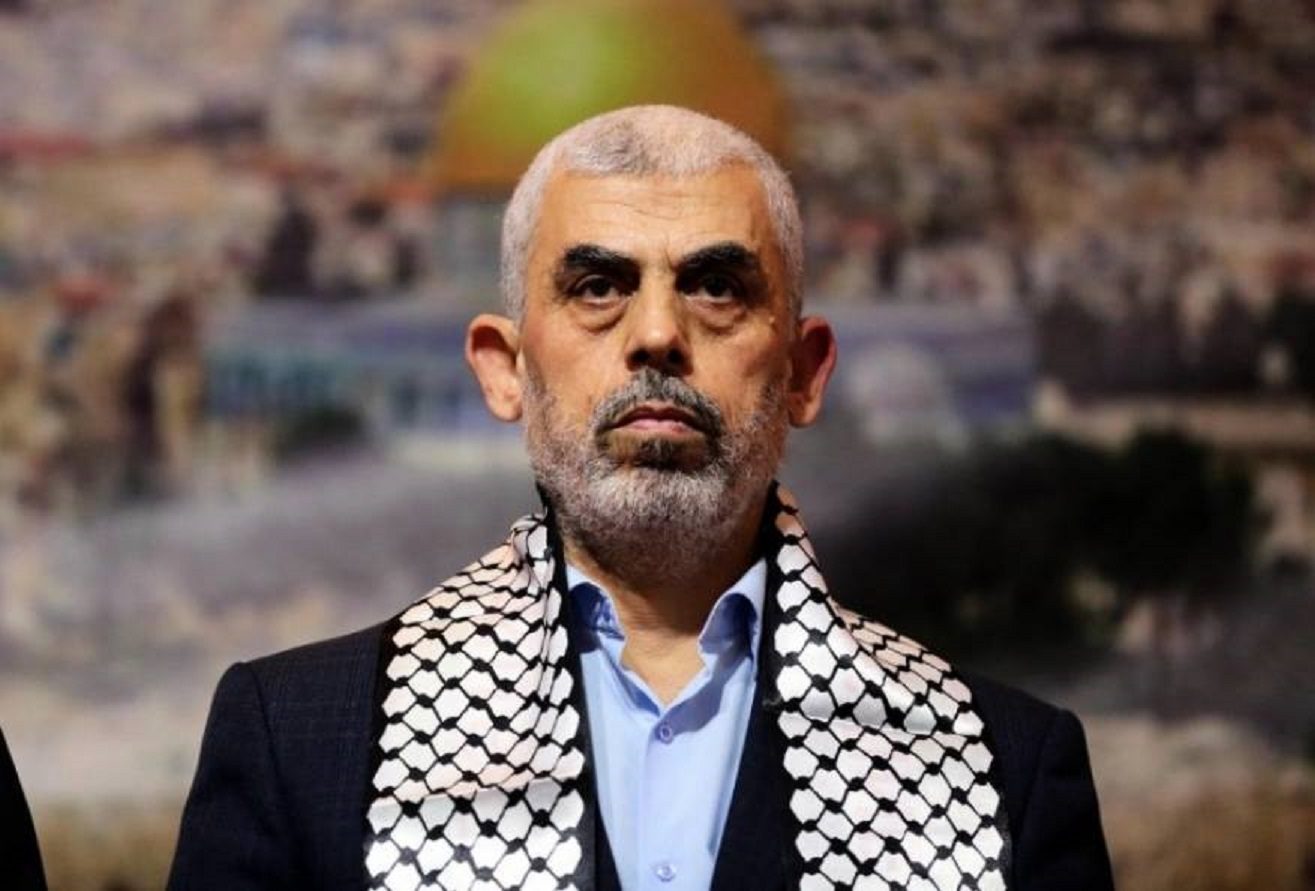The late Hamas chief was the mastermind behind the unprecedented October 7 attack, where the Hamas armed wing, the Al-Qassam Brigades, infiltrated occupied territories.
Israel said it has killed Hamas chief Yahya Sinwar in Rafah, southern Gaza on Thursday, just over two months after killing his predecessor Ismail Haniyeh in Tehran.
In a message to dozens of his counterparts across the world, Israel’s Foreign Minister Israel Katz said Sinwar’s killing is “a significant military and moral achievement for Israel and a victory for the entire free world against the axis of evil of radical Islam led by Iran”.
According to Israeli accounts, Sinwar was killed in clashes with an Israeli force in the Tal al-Sultan area, meaning he was not hiding in a tunnel as Israeli Prime Minister Benjamin Netanyahu had claimed.
Footage from an Israeli drone showed the last moments of Sinwar, where he threw a stick at it while sitting on an armchair in a partially destroyed house, heavily injured in one arm and masked.
This last defiant act led to many on social media hailing him as a true resistance leader, fighting on the frontlines to his last breath.
For his part, Netanyahu Israeli said that the war in Gaza is “not over” and that Israeli forces would be involved militarily in Gaza for “years to come”.
Hamas has yet to confirm the the killing of its leader.
Sinwar had been appointed by Hamas as its new political chief on August 6 after Israel assassinated Haniyeh alongside his companion, Wasim Abu Shaaban, in Tehran on July 31.
The late Hamas chief was the mastermind behind the surprise October 7 attack, where the Hamas armed wing, the Al-Qassam Brigades, infiltrated occupied territories and returned with about 240 Israeli captives.
Israel has since attempted to assassinate Sinwar alongside top military commander Mohammed Deif.
Who is Yahya Sinwar?
Sinwar was born on October 19, 1962 in the Khan Younis refugee camp on the south of the Gaza Strip. His family were forcibly displaced by Israel from Ashkelon, originally known as Al-Majdal, during the Nakba or “catastrophe” in 1948.
At the time, Zionist paramilitaries forcibly displaced about 750,000 Palestinians and killed 10,000 to establish Israel.
Sinwar grew up in challenging circumstances, witnessing firsthand Israel’s persistent attacks and harassment of Palestinians under occupation. He studied at the Islamic University of Gaza, where he obtained a bachelor’s degree in Arabic language studies.
Sinwar became more involved in politics in the 1980s and helped establish a security apparatus called the “Jihad and Preaching Organisation”, also known as “Majd”, which focused on aim capturing Israeli spies and agents.
Israeli occupation forces first arrested Sinwar in 1982 at the age of 20 for his involvement in Palestinian resistance, leading to a six-month detention. He was arrested again in 1985, serving an additional eight months.
In 1988, he was sentenced to four life sentences and spent 23 years in Israeli prisons, including four years in solitary confinement.
During his time in prison, Sinwar led the supreme leadership body of Hamas prisoners and organised several hunger strikes in 1992, 1996, 2000, and 2004, a common form of protest among Palestinian prisoners against their imprisonment.
During his imprisonment, Sinwar became fluent in Hebrew and authored several political and security books, many of which he translated himself.
In 2011, Sinwar was released under the major “Loyalty of the Free” deal, which led to the release of 1,027 Palestinian prisoners, who were mostly serving long prison sentences, in exchange for Israeli soldier Gilad Shalit.
Sinwar played a pivotal role in negotiating the terms of this agreement.
His home has been bombed and destroyed multiple times: first in 1989, again during the 2014 Israeli aggression in Gaza, a third time in the 2021 conflict, and most recently in the ongoing war in 2023.
Like other Hamas officials, the United States added Sinwar to its black list of “international terrorists” in 2015.
Sinwar was elected as Hamas’s chief in the Gaza Strip in 2017 then again in 2021.
While Sinwar has not appeared in public since the beginning of the war in the Gaza Strip, media reports claimed he met some of the Israeli captives held in Gaza, last November.
According to the reports, Sinwar assured them in “flawless Hebrew” that they were at their “safest” place in captivity.







